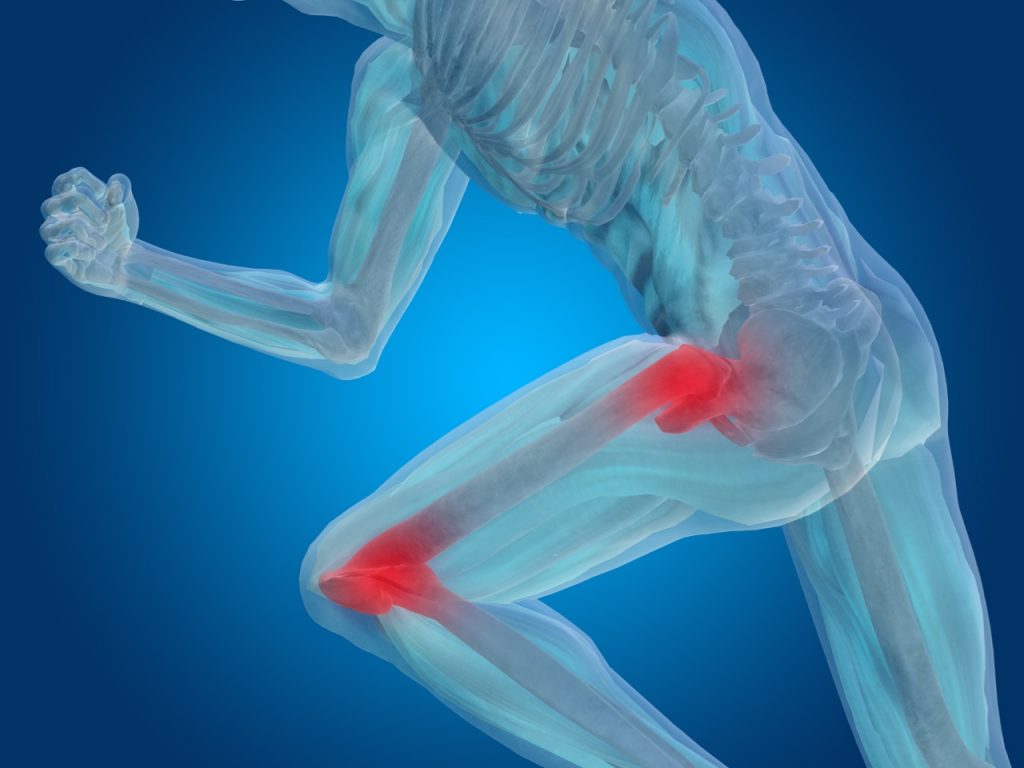
Hip and Knee Joint Replacement surgery is very successful, however, complications do arise and these artificial parts can wear. Revision Joint Replacement may be indicated in cases where the prosthesis has loosened, the joint has become unstable or infected, the bearing surfaces have worn, or a patient has sustained new trauma or fracture. Revision often involves exchange of current components. These procedures can be quite involved and require experience in dealing with the complex issues that arise during surgery.
There have been significant advances in revision total hip and knee technology over the last few years. Revision Specialists can utilize this technology to treat complex issues related to failed hip or knee replacements much more successfully than was possible in the past.
What to Bring to Your Consultation
The diagnosis of painful and failed components can be difficult. Subtle findings in your history and physical exam can make a big difference in understanding the best way to improve your condition. To help us give you the best possible advice, please bring with you as much information as possible from your past procedures and work-up:
- Prior Operative Reports
- Old X-rays
- Any MRI, CT scan, or bone scans
- Results from any lab work ordered to evaluate the joint